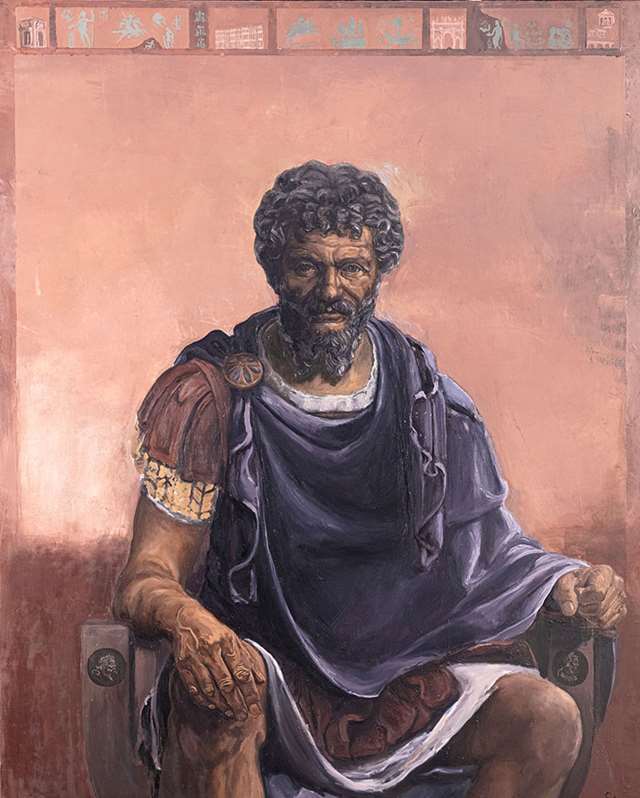The Myth of the Black Emperor: Reimagining British History
Introduction
The Black Emperor who ruled Britain or the United Kingdom is a figure that has yet to be confirmed by historical evidence. As of now, there is no verifiable information about a Black Emperor in British history. However, the notion of such a figure has piqued the interest of scholars and the general public alike. The idea of a Black Emperor forces us to reconsider the possibility of a more inclusive and diverse past in British history, which has predominantly been characterized by white rulers. In this essay, we will explore the concept of the Black Emperor, its origins, and its potential impact on historical narratives.
Origins of the Black Emperor
The myth of the Black Emperor appears to have originated from the realm of alternative history or speculative fiction. In this genre, authors often re-imagine the past, exploring the “what ifs” of history. A Black Emperor ruling Britain could be a compelling and thought-provoking subject for such a narrative. This imagined figure challenges our preconceived notions about race and power dynamics in British history.
Another possible origin for the idea of a Black Emperor may stem from the history of the Roman Empire. The Roman Empire, which once extended as far as Britain, had a diverse population, and some emperors were of African descent, such as Septimius Severus. While these emperors were not British, their existence raises the possibility of a more diverse historical narrative in ancient Britain.
Reimagining British History
The Black Emperor can be seen as a symbol of a more inclusive and diverse history. By considering the possibility of a Black Emperor in Britain, we begin to question the traditional historical narratives that have focused on white rulers. This reimagining can help bring attention to the often overlooked contributions of marginalized communities in British history.
A more diverse historical narrative can also help challenge the misconceptions and stereotypes that have been perpetuated about people of African descent. The idea of a Black Emperor ruling Britain can serve as a powerful counter-narrative to the common portrayal of Black individuals as being less powerful or influential than their white counterparts. In this sense, the Black Emperor becomes a symbol of resistance and empowerment for marginalized communities.
Potential Impact on Historical Narratives
Exploring the possibility of a Black Emperor in British history can have a profound impact on the way we understand and interpret the past. By questioning the traditional historical narratives, we open ourselves to a more inclusive and complex understanding of history. This process can reveal the hidden contributions of various communities and peoples, which can enrich our knowledge and understanding of the past.
Furthermore, the concept of the Black Emperor can inspire historians and researchers to investigate other instances of marginalized communities in British history, shedding light on their experiences and contributions. This approach can lead to a more nuanced and inclusive understanding of the history of Britain and the United Kingdom.
Conclusion
Although there is no concrete evidence of a Black Emperor who ruled Britain or the United Kingdom, the idea of such a figure has sparked conversations about the possibility of a more diverse and inclusive historical narrative. By reimagining the past, we can challenge the traditional narratives that have been dominated by white rulers and bring attention to the contributions of marginalized communities. In doing so, we can develop a richer, more inclusive understanding of British history that better reflects the complexities and diversity of the past.

